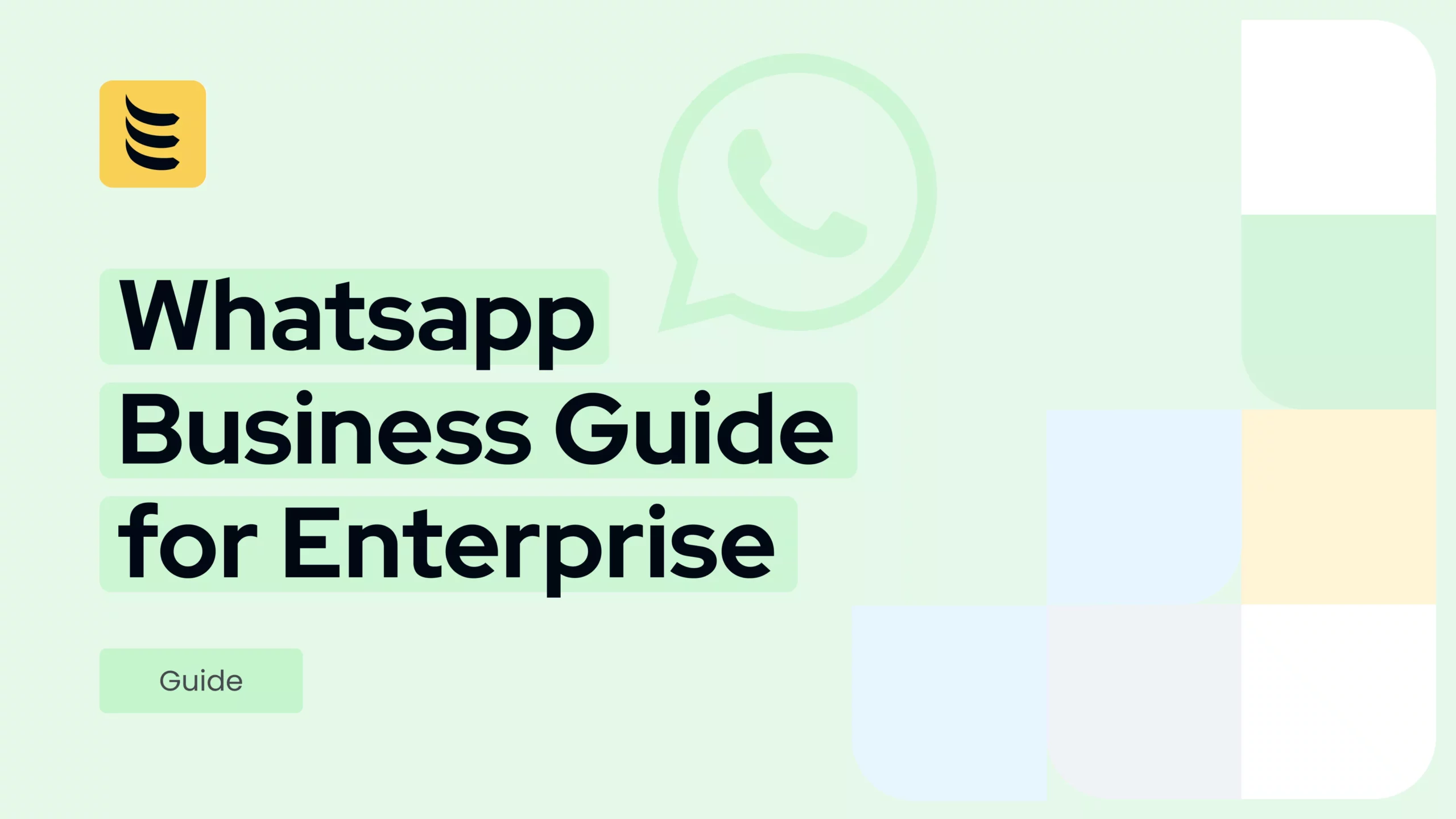If you are contemplating switching your telecommunications system from PSTN/ISDN to VoIP then you should be aware of the potential differences between providers. The following are key things to consider when choosing a provider for your organisation:
Value
Whilst the budget holders may say otherwise, and although important, price should never be a priority when choosing business VoIP providers. Instead of pure cost, it should be value for money that ultimately drives the decision. Today’s marketplace is ultra-competitive which also means that, in theory, the price differences between providers should not be significant anyway.
Customer support/helpdesk
You should opt for a provider who offers 24/7 customer support and who has a knowledgeable customer service team.
Reliability
You want to ensure consistent access to a high quality and reliable service. You should ask for details as to where the provider will keep your data what their backup and recovery plans are. In addition, you should ask about the percentage of calls that are dropped and how they monitor call quality.
Company size
If you opt for a large provider, you may benefit from more sophisticated equipment/infrastructure but you may be one of thousands of clients, so you may not be able to have your own dedicated account manager and might be given lower priority than branded customers. A smaller provider may be able to give a more personalised service and you would probably have your own account manager – but their infrastructure/equipment may not be as sophisticated.
Pricing plans/contract flexibility
A good provider will ensure that you can tailor a service plan/package to suit your specific needs. Most deals will include some unlimited calls (these might be local, long-distance, or even international). You will want to establish for how long you are committing to them and how, if necessary, you can terminate the contract before its end date (and if there is a penalty charge for doing so).
Extra features
Ask your potential provider what features are included and which cost extra. Many providers include facilities such as call forwarding, conference calling, and caller ID as standard at no extra cost whilst more complex Unified Communication tools may cost extra.
Hardware
You need to ask if/what hardware is included in your deal. For example, will they provide handsets or a PBX?
Integration
Several VoIP providers now offer software that can be integrated with CRM systems. It is worth asking about this as you may want to look at a CRM overhaul as part of the overall upgrade to your systems. Integrating VoIP with a CRM can provide numerous benefits, including the ability to log calls, faxes, and emails against a customer record. This enables you to see at a glance any previous interactions you have had with them when they call.
Initial setup
What on-site or remote support is offered by the provider at the start of the contract? Will they send an engineer out to help you get started or will you be essentially left to get on with it?
Training
What training, if any, will be provided? If there is to be some initial training provision, will this be onsite, at the providers’ office, or perhaps even online? Or will you simply be given instruction manuals and be forced to work it out yourself?
Scalability
How easy is it to add / remove / reallocate numbers? Can this be managed through a simple dashboard on a computer or does your provider have to do it? And how many numbers are included in your deal?
Mobile compatibility
Is there a mobile app for the system that allows you to configure remotely? And can calls be forwarded to mobile phones?
Preparing for a switchover
In deciding on a provider, it is important to ensure that your infrastructure is able to cope with the demands of VoIP.
In practice, this means ensuring that your Internet connection can handle any increased traffic as a result of VoIP. In terms of bandwidth, the speeds you need will depend on your individual requirements and any Quality of Service (QoS) requirements. Additionally, you will need to check that your current phone systems and your handsets support VoIP. Most modern phones should be compatible but if yours isn’t, you can either replace all your handsets with VoIP-compatible ones or invest in an IP-enabled PBX.
Business VoIP providers
There are a number of providers out there to choose from. Here at IDT, we provide a range of VoIP services including wholesale and retail call termination services. We have been leading the way in the industry for over 25 years and now have coverage in more than 45 countries globally. Why not take a look at our website or get in touch with us today to see how we can help?




